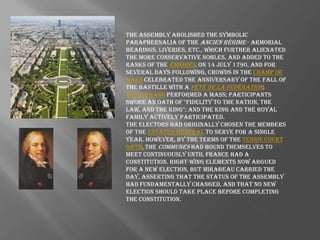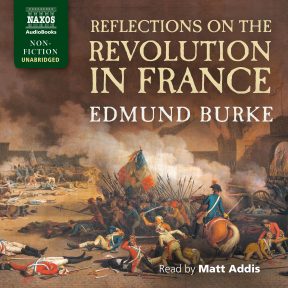
Instead, this is merely a clarification on some major points.įirst, he talks about the founding principles of the Revolution, not just on the ideas of Rousseau, but on the centuries-old practice of giving a vote to the people on certain urgent matters of State which had already existed long before Rousseau and the Revolution. The book is relatively short and can be digested in just a few days, because it is not a comprehensive primer on the Revolution. Here he attempts to clean up some of the mess. So if you are like me, check out this book by Hilaire Belloc, because he wrote this for us. Why were such crucial figures of the Revolution, like Danton and Robespierre, later executed by the same movement? How on earth did the Crown, with all of its executive powers and access to the combined military of other sympathetic nations, succumb to municipal militias and the mob? What exactly did King Louis XVI and Marie Antoinette do so wrong that they could be arrested and executed? Were the Girondins friends of the Revolution or enemies, as they seemed to be passionate supporters for a new Republic and yet they were wiped out of Parliament and destroyed by the rebels? And if the Revolution was the decisive victory for democracy in the European west, effectively responsible for the installation of democratic elections in everything from all levels of government to the officers in your neighborhood homeowners association, why then does any discussion of this supposed victory for personal liberty and "rule by the people" leave such a notoriously bad taste, with a reputation for countless horrors and human rights violations? wasn't Austria and Prussia supposed to be helping preserve the monarchy? Why would they be fighting the King's men? Oh! When they say the "French," they mean the rebels, as if they were the only "real" French, because they were all about democracy, and democracy is good-right?īut aside from this obvious confusion on who was fighting who, I had other numerous questions, and here are some examples.

To them, they were all "the French." So we have the French fighting Brunswick, and taking on Austria.


For my whole life, whether as a student in my university history classes, or as an embittered middle-aged member of the American bourgeoisie, I have never found a teacher or a book that clears the confusion regarding the Revolution, despite this being such a supposedly important period in world history.įor me, the most glaring problem about how I was taught about this period was the fact that most texts on the subject couldn't even be bothered differentiating the Royal army from the rebels. If you are like me, the French Revolution is a period in history that can be difficult to understand, seeming to elude logic as the everyday student tries to grasp all the seemingly contradictory facts.


 0 kommentar(er)
0 kommentar(er)
